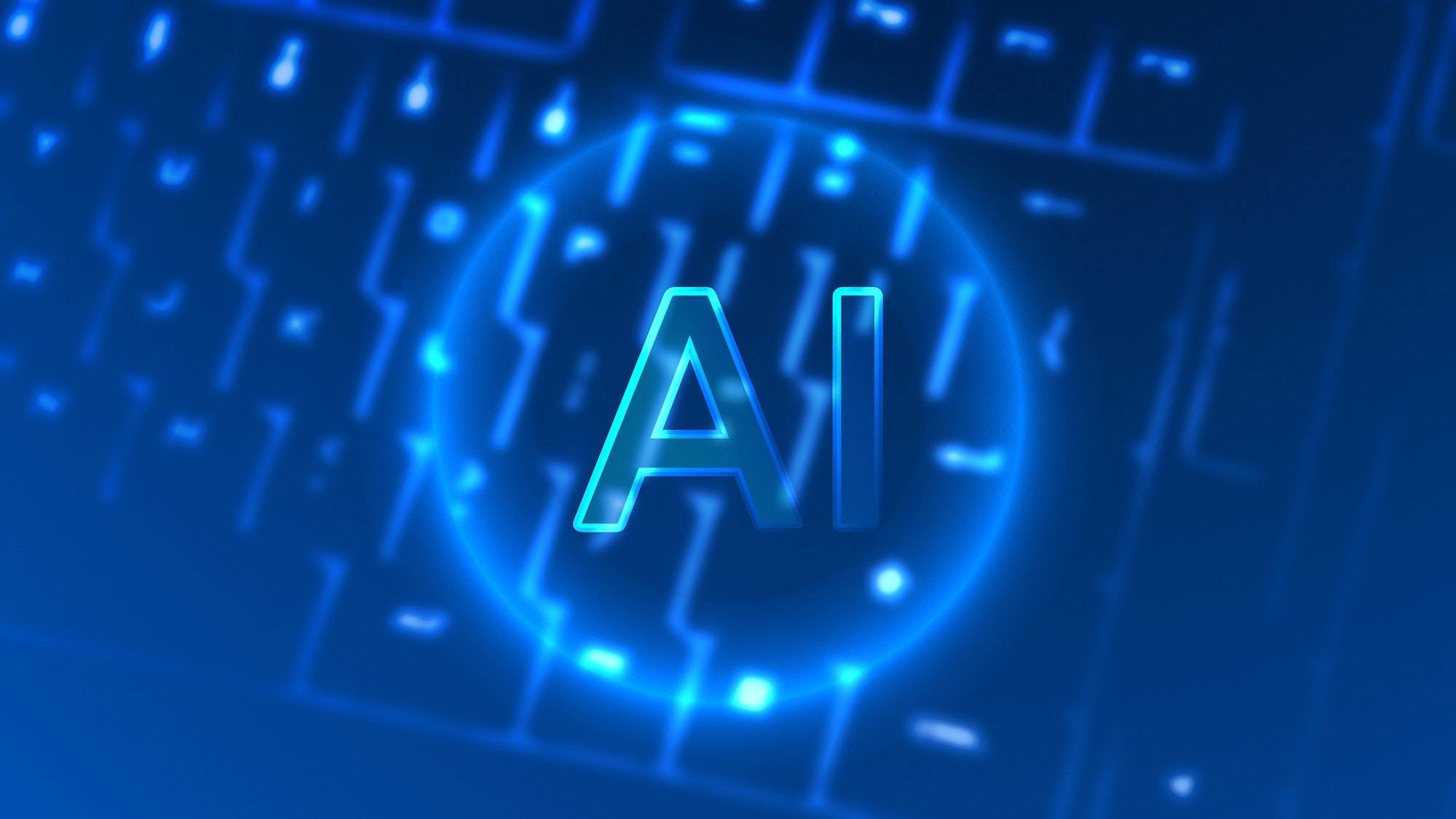ChatGPT: The Future of Data Processing and Why You Should Train Your Own AI
ChatGPT: The Future of Data Processing and Why You Should Train Your Own AI
As the world becomes increasingly digitized, data processing has become an integral part of many businesses’ operations. With the sheer volume of data being generated every day, data processing has become a critical tool for businesses to stay competitive. However, with the rise of artificial intelligence (AI), data processing is set to undergo a significant transformation. In this article, we will explore ChatGPT, an AI-powered data processing tool, and why you should train your own AI.
Introduction to ChatGPT and AI
ChatGPT is an AI-powered data processing tool that is designed to help businesses process data more efficiently. It utilizes natural language processing (NLP), a branch of AI that focuses on the interaction between computers and humans using natural language. With ChatGPT, businesses can interact with their data using natural language, rather than complex queries and commands.
AI, on the other hand, refers to the simulation of human intelligence in machines that are programmed to think and learn like humans. AI has the potential to transform many industries, including data processing, by automating mundane and repetitive tasks and providing insights that would be difficult for humans to uncover.
What is data processing?
Data processing refers to the collection, manipulation, and interpretation of data. It involves turning raw data into meaningful insights that can be used to make informed decisions. Data processing can be broken down into four main stages: data collection, data preparation, data analysis, and data visualization.
Data collection involves gathering data from various sources, including internal and external sources. Data preparation involves cleaning and transforming the data into a format that can be analyzed. Data analysis involves using statistical and machine learning techniques to uncover insights from the data. Finally, data visualization involves presenting the insights in a format that is easy to understand.
The importance of data visualization
Data visualization is an essential part of data processing as it enables businesses to communicate insights effectively. It involves representing data in a visual format, such as charts, graphs, and maps. Data visualization enables businesses to identify patterns and trends in the data more easily and make informed decisions.
Data visualization can also help businesses identify outliers and anomalies in the data. For example, a business may notice that sales are declining in a particular region, which could indicate a problem with their marketing strategy or a change in consumer behavior.
The benefits of AI in data processing
AI has the potential to transform data processing by automating many of the tasks involved in the process. For example, AI-powered algorithms can be used to clean and transform data, identify patterns and trends, and provide insights that would be difficult for humans to uncover.
AI can also help businesses make more informed decisions by providing real-time insights. For example, a business may use AI-powered algorithms to monitor social media for mentions of their brand and respond to customer queries in real-time.
Chat with your data, say goodbye to complex queries
One of the most significant benefits of ChatGPT is the ability for businesses to interact with their data using natural language. Rather than relying on complex queries and commands, businesses can ask questions in plain English, and ChatGPT will provide the answers.
For example, a business may ask ChatGPT, “What is our sales forecast for the next quarter?” ChatGPT would analyze the data and provide a forecast based on historical trends and other relevant factors.
The future of data processing with ChatGPT
ChatGPT has the potential to transform data processing by making it more accessible and user-friendly. With natural language processing, businesses can interact with their data in a way that feels natural and intuitive.
As AI continues to evolve, we can expect ChatGPT to become even more sophisticated, providing insights that are even more accurate and relevant. ChatGPT has the potential to revolutionize the way businesses process data, making it more efficient and effective than ever before.
Why training your own AI is important
While ChatGPT is a powerful tool, businesses can benefit even more by training their own AI. By training their own AI, businesses can customize the algorithms to meet their specific needs and requirements.
For example, a business may want to train their AI to identify patterns in customer behavior that indicate a potential churn. By training their own AI, businesses can develop algorithms that are tailored to their specific business needs, providing insights that are more relevant and accurate.
The role of ChatGPT in data security
Data security is an essential consideration for any business that processes data. With ChatGPT, businesses can rest assured that their data is secure. ChatGPT uses state-of-the-art encryption and security protocols to ensure that data is protected at all times.
ChatGPT also has the ability to monitor data access, enabling businesses to identify any suspicious activity and take action before any data is compromised. With ChatGPT, businesses can be confident that their data is secure, allowing them to focus on processing the data and uncovering insights.
How ChatGPT can help your business
ChatGPT can help businesses in many ways, from automating mundane tasks to providing real-time insights. By using ChatGPT, businesses can process data more efficiently and effectively, enabling them to make more informed decisions.
ChatGPT can also help businesses save time and resources by automating many of the tasks involved in data processing. For example, ChatGPT can be used to clean and transform data, reducing the amount of time and effort required.
Potential drawbacks and limitations of ChatGPT
While ChatGPT is a powerful tool, it does have some limitations. One of the main limitations is the amount of data required to train the AI. ChatGPT requires a significant amount of data to be trained effectively, which may be a challenge for smaller businesses.
Another limitation is the potential for bias in the algorithms. AI algorithms are only as good as the data they are trained on, which means that if the data is biased, the algorithms will be biased as well.
Embracing the future of data processing with ChatGPT and AI
ChatGPT and AI have the potential to transform data processing, making it more accessible, efficient, and effective. By using ChatGPT and training their own AI, businesses can unlock the full potential of their data, providing insights that are more accurate and relevant than ever before.
If you are interested in learning more about ChatGPT and how it can help your business, contact Psiwire now to start your AI journey. With the right tools and resources, your business can stay ahead of the curve and remain competitive in an increasingly data-driven world.
You May Also Like

Essential skill alert: Unlocking the full potential of ChatGPT will be 2023’s game-changer!

Unlocking ChatGPT’s Full Potential: The Ultimate Guide to Prompting AI Conversations





